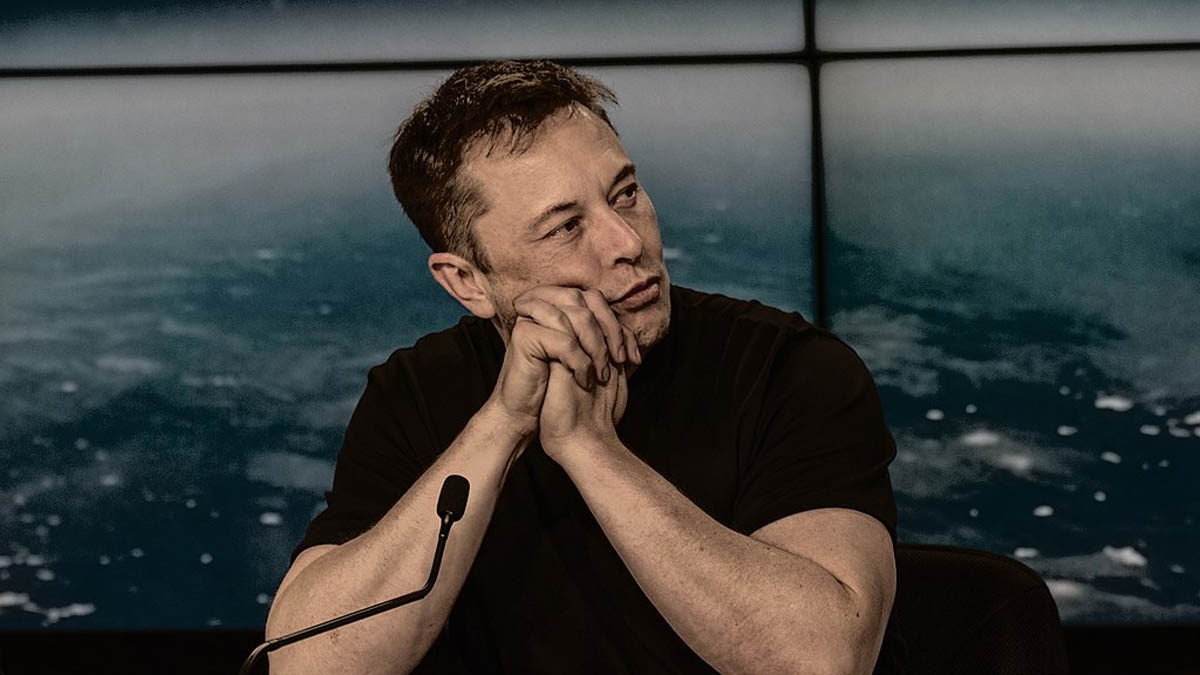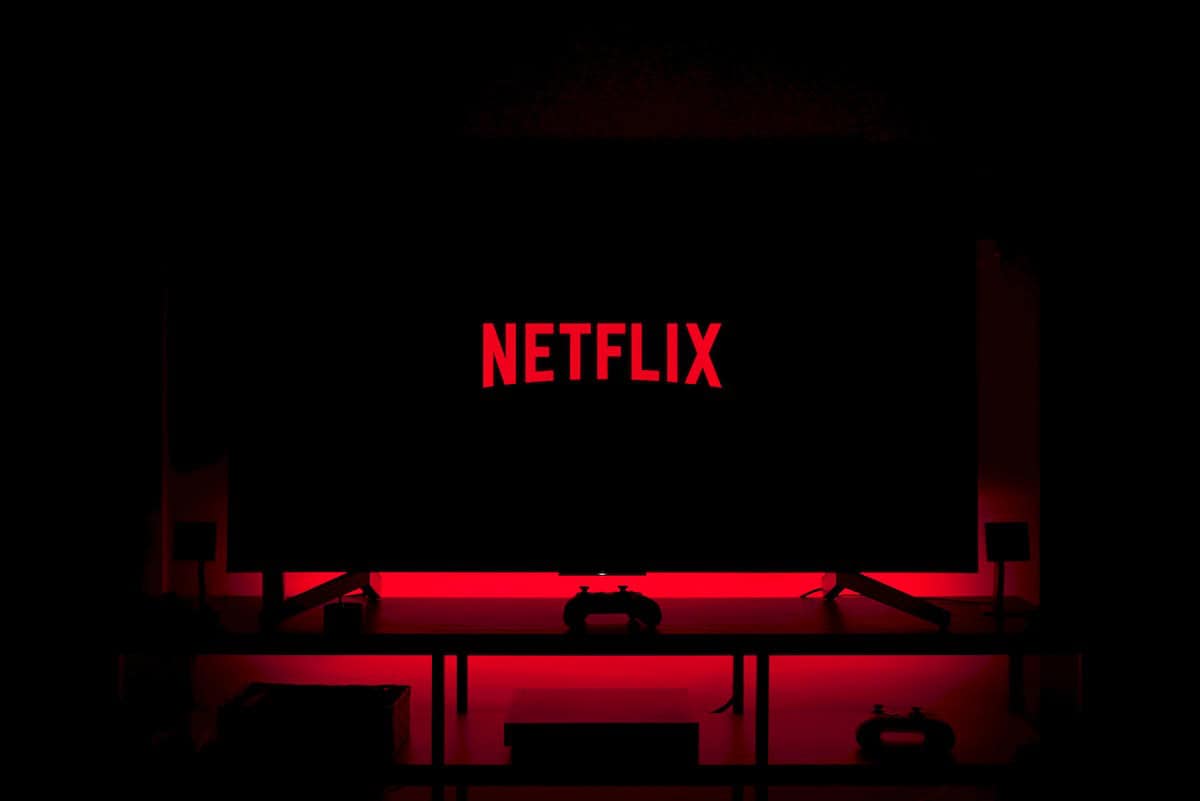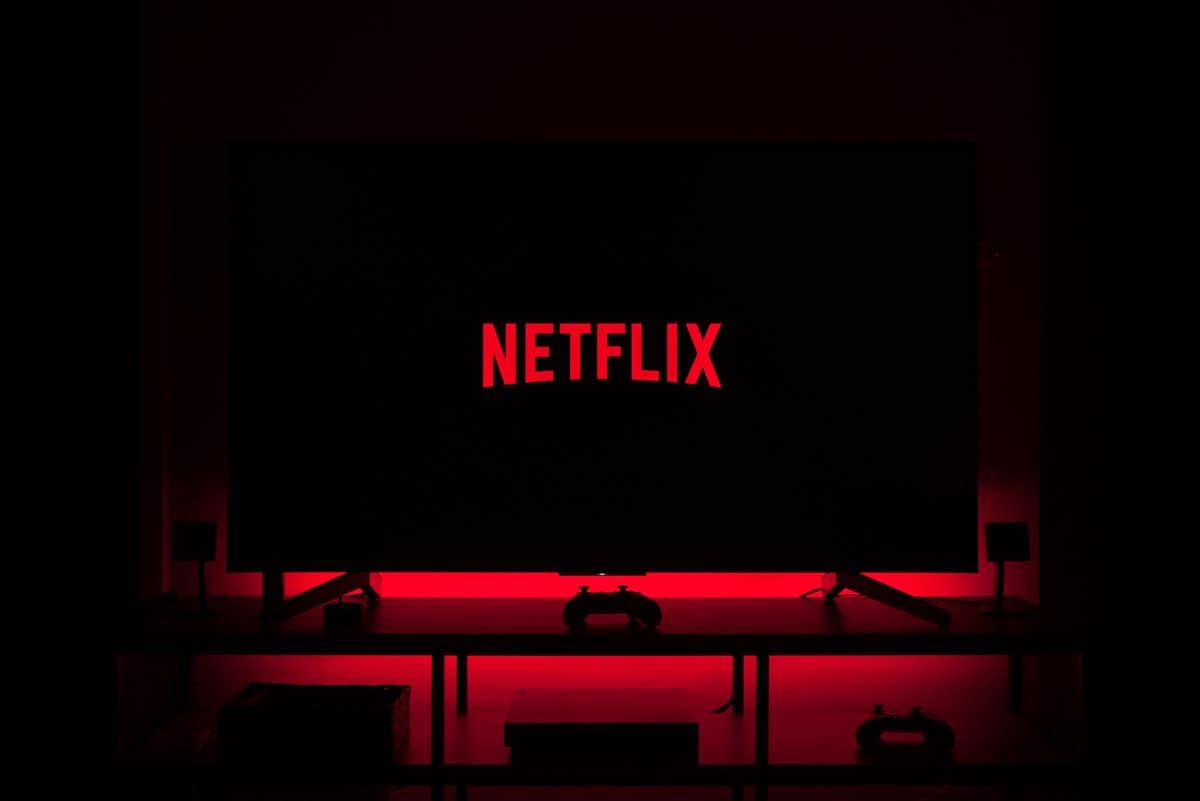A New Era of Villains: The Rise of Tech Billionaires in Cinema

Villains in movies have always reflected the contexts they’ve been made and shown. Take Die Hard for example with its Eastern European bad guys. It made sense in the late-80s, but you wouldn’t see those tropes rolled out today, because people wouldn’t understand them. No, today’s villains are increasingly being portrayed as big names in tech.

A recent story in Wired has explored this exact phenomenon, looking at how the mad scientist trope, has evolved into the mad disruptor, reflecting changing cultural concerns and the negative impact technology and the people getting rich from it are having on society. From Rian Johnson's "Glass Onion" to "Upgrade" and "Free Guy," filmmakers have increasingly been turning to the tech billionaire archetype to explore the darker side of the tech industry and the harm it reaps upon us all.
It's not something that is hard to understand either. Over the last decade, there have been multiple examples of devastating effects from the fallout of big tech. Facebook’s role in genocide in Myanmar and its devastating democracy-skewing effects both at home and abroad have since been added to by a plethora of examples of malfeasance. Further big tech criminal activities include those of Theranos CEO Elizabeth Holmes, WeWork founder Adam Neumann, and many other tech leaders who have been accused of shady business practices or even fraud. These examples have raised public awareness about the negative impact of tech leaders on society, and filmmakers have been using this as inspiration for their movies.
Another reason why tech billionaires are being portrayed as villains is the growing concern about income inequality. As the gap between the rich and the poor continues to widen, people are becoming more critical of the wealthy, and this includes tech billionaires. In movies like "Don't Look Up," the tech billionaire is portrayed as a person who doesn't care about the consequences of their actions, and only thinks about their own wealth and power above all else, even as the world burns and faces certain annihilation.
The trend also includes portraying these tech billionaires as stupid, which may be a reflection on the fact that even with all their wealth they seem unmoved by the multiple crises gripping the world today. A cleverer billionaire may be able to do more about them. However, the truth may be something a little more sinister. It’s difficult to imagine these people as stupid when they’ve seen so much success. It is much more likely that they just don’t care. That’s what makes them villains, at least in the movies anyway.
How about a virtual villain? Check out ChatGPT’s racial profiling and other sins.























High-functioning autism + great wealth = sociopathy (often, and maybe even usually).
@VioletMoon: Take a close look at the details of tech billionaires’ charitable operations, and they are often self-serving in significant ways. And all of them redirect public money lost to tax deductions to privately determined ends which, again, are often self-serving in significant ways.
Stick to tech not politics please.
Do you really think you can separate politics from every other aspect of life? That’s just childish.
Elon Musk–The Boring Company–creates “fast-speed tunnels to solve notorious traffic jams in America”
The Boring Company has completed one project (after six years), which is one mile long single lane test project that lacks basic safety features. Many other projects have been terminated.
And it’s not even fast speed. It’s a glorified low-speed taxi service for a route you could walk faster.
“. . . the negative impact of tech leaders on society.”
What about the tech leaders who have had a positive impact on society? Elon Musk–The Boring Company–creates “fast-speed tunnels to solve notorious traffic jams in America”; Starlink, bridges the digital divide and provide access to education, healthcare, and economic opportunities in remote areas of the world”; Neuralink; EV, never would have happened without Musk and risking billions of dollars.
Elon Musk uses his and money and power to help humanity reach new heights, like so many who came before him.
https://timesofindia.indiatimes.com/world/us/is-elon-musk-a-visionary-or-villain/articleshow/97082552.cms
What would we do without Steve Jobs? No more Apple stories on gHacks; Bill Gates? Enabled the interconnectedness of all continents with development and continuing development of an OS the masses can operate (no whining); Jeff Bezos, changed the face of online shopping (truly grateful for the service) and streaming–before Netflix was, Amazon is.
Facebook–“Facebook may have a legal obligation to take down accounts that incentivize violence in countries like Myanmar,” but . . . if it’s not Facebook, it will be some other venue.
Why are people so disgusted with this 1% when all they did was harness the power of innovation and lead a world into a new era of potentiality which provides all of us new tools for success?
Where does Martin fall? All he did was create a tech-news blog back in 2005, one of the premier niche tech sites on the Internet.
Visionary or villain?
People forget, these tech billionaires give away billions of dollars!
https://www.businessinsider.com/tech-billionaires-who-donate-most-to-charity-2019-1?op=1
Unlike the US that gives away billions of bullets and guns and bombs and lives of innocent young men/women to fight unwinnable wars in far away places.
Envy of those better off combined with a massive sense of entitlement to the wealth that they created. Helped along with the notion that wealth acquisition is a zero sum game – this is the brain dead notion behind all the whining about ‘inequality’ from the likes of Oxfam. As though there is a fixed pie of ‘wealth’ whereby one can only get rich at the expense of others.
As with the examples you said – Bill Gates and Mark Zuckerberg created an operating system and a social network respectively, where there was nothing like it before. The wealth they have today is thanks to millions of people worldwide voluntarily buying their software or signing up to the free service in exchange for their activity being sold to advertisers.
Elon Musk kicked the collective automotive industry in the balls by investing in Tesla and making electric cars fun and practical to own – nobody asks why none of the big automotive companies ever came up with similar products until after Tesla paved the way when they already were established players.
As they are in real life too – Jeff Bezos, Mark Zuckerberg, Elon Musk, etc. From privacy nightmares to exploiting their workers.
Glass Onion
Bond villains always were essentially Tech Billionaires
I doubt anyone could be stupid and achieve the billionaire’s club. Try ‘personality disorder’ instead:
https://www.mindbodygreen.com/articles/14-signs-of-narcissism
https://www.choosingtherapy.com/signs-of-a-sociopath/
https://www.choosingtherapy.com/narcissistic-sociopath/
The actually true power people, or “villains” according to @Shaun, don’t show their faces. They are hidden in the shadows giving orders and building their desired world at any cost. However there are people still more powerful than those pretending villains, like Bilderberg Group, Soros Open Society, Bohemian Club, Belizean Grove, China Entrepeneur Club, Wagner, Tilateral Comission, Yellowstone Club, Alfalfa Club, Giga Society… and obviously the absolutely powerful Google. If Google switch off their whole all servers, the world will fall in the stone age in hours. Thanks for the article! :]
So basically billionaires shouldn’t exist. As that one meme says, at a certain point of wealth, we should just redistribute their excess wealth to people in need and give them a plaque saying “I won capitalism”.
Billionaires will always exist, but they should be far away of the political influence aka lobbys.
Interesting article as always, Patrick.
Stupid, I don’t know, I don’t think so even if intelligence is hard to define. Maybe is mental sanity easier to define in that it would be what madness is not. I remember having read (for what it’s worth) that an essential component of madness was the lack of compassion. If true, you could be brilliant, behave “normally”, a 160+ IQ, and totally mad.
Democracy, totalitarianism … and science. Tomorrow’s world in the hands and minds of scientists, should they be as mad as prominent and influential, could be a new paradigm. After all, they know what not only people but governments as well… ignore.